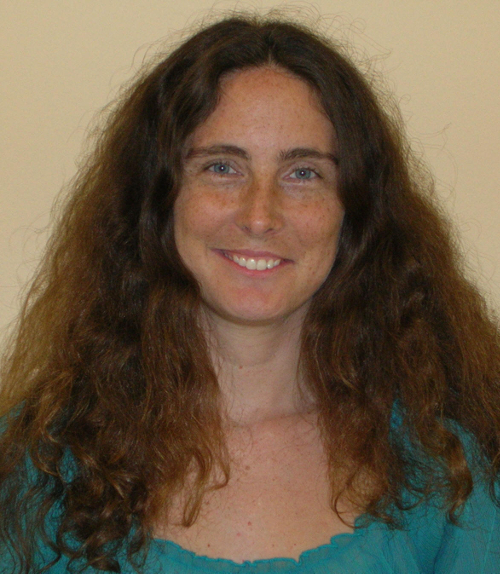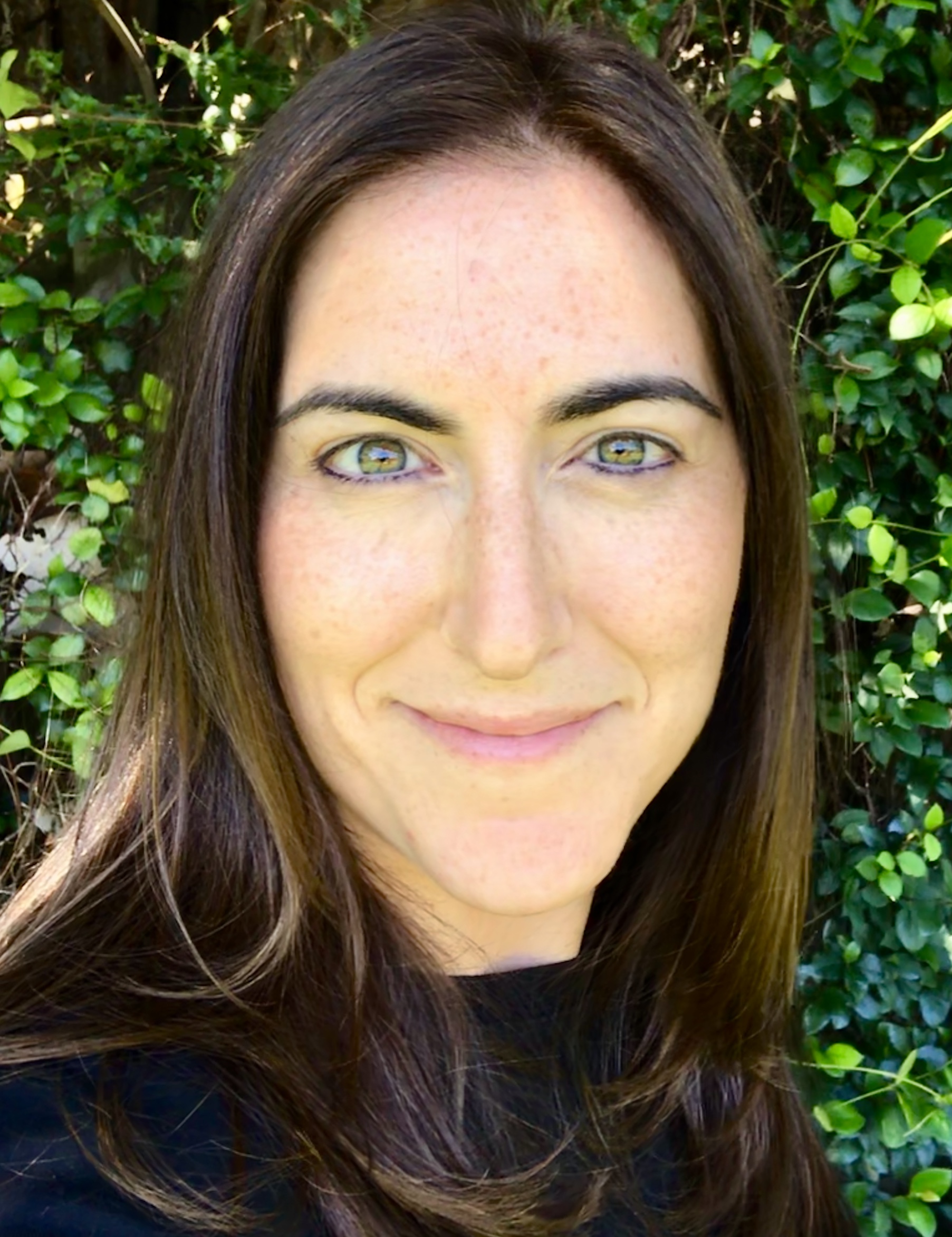About Us
The Research Team
Nancy Jones

Nancy Aaron Jones is a Professor of Psychology and Biomedical Science. She directs the WAVES Emotion Lab, which investigates biological and socio-emotional factors that influence development, specifically focusing on the processes by which individual differences in emotional resilience and maternal psychopathology influences infant and childhood development. Dr. Jones' research is built on the developmental psychophysiological theory that both biological and social factors interact during development and influence our emotional lives. E-mail: njones@fau.edu
Krystal Mize

Krystal D. Mize, Ph.D. graduated from FAU’s Evolutionary Psychology program in 2008. Her graduate research centered on the evolved nature of jealousy. Specifically her thesis work focused on homicide between intimate partners (an extreme outcome of jealousy) and her dissertation project was on affective and behavioral responses to the loss of maternal attention to a social rival (infant jealousy). Dr. Mize’s research interests are eclectic. Beyond her extensive involvement in the WAVES Emotion Lab research, Dr. Mize is interested in a variety of other interpersonal relationship issues, including differential parental investment, romantic and sexual relationships, and intra-sexual competition. She is interested in religious beliefs, greed and denial as they are related to environmental values as well. Although her research interests are diverse, the overarching theme to Dr. Mize's work is examining the evolved psychology underlying behaviors. Dr. Mize works with the WAVES Emotion Lab as a Senior Research Manager, overseeing much of the research that goes on in the laboratory. E-mail: kmize1@fau.edu
Nate Shanok
Nate Shanok is currently a Neurodevelopmental Ph.D. student in the lab and he completed his master's degree at FAU in 2017. His master's thesis focused on finding neurological correlates to social symptoms of autism spectrum disorder. He is interested in researching some of the underlying neurological causes of various psychological disorders including anxiety/depression, and finding treatments to improve behavioral symptoms. He is particularly interested in researching prevention strategies for early onset anxiety disorders in children and adolescents. E-mail: nshanok@fau.edu
Seanna Bellinger
Seanna is a Behavioral Neuroscience student at Florida Atlantic University, working under the guidance of Dr. Nancy Jones. Her research focuses on the impact of early life experiences on longer-term developmental outcomes. Specifically, she’s interested in exploring how physiological changes during gestation alter offspring phenotype and neurobiological development. Her research involves a collaboration between two universities and the use of two different research models: human infants and Northern bobwhite quail. In Dr. Jones’ WAVES Emotion Lab, the physiological underpinnings, such as hormonal contributions, that influence socio-emotional development in infants is being investigated. Seanna is also collaborating with Dr. Robert Lickliter’s Developmental Psychobiology Lab at Florida International University, where she is researching the influence of maternally derived hormones on social recognition and perceptual learning and memory in Bobwhite quail. E-Mail: sbellinger2014@fau.edu
Jillian Hardin

Jillian Hardin is an associative professor at FAU in Human Development. She worked as an undergraduate RA in the WAVES Emotion Lab and as a Ph.D. student in the lab. She oversees the Kangaroo Care Project, which examines how touch and breastfeeding facilitate mother-infant bonding and the development of optimal physiological patterns in infancy. Her research interests include the effects of maternal depression on infants and the role of breastfeeding in buffering impaired mother-infant communication in these dyads. E-mail: jsader@fau.edu
Maria Corbett

Maria Corbett graduated from the FAU Ph.D. program in neuroscience in 2017. Her major interests are to study interventions that reduce psychological stress and anxiety in school aged children. The human responses to stress and anxiety are twofold, often involving a physiological and an emotional component. Maria's current research goals are to investigate if a correlation exists between self reported measures of anxiety and the amount of cortisol released into the system. Cortisol is one of the main stress hormones released by the hypothalamic pituitary adrenal axis (known commonly as the 'stress access'. Sustained hyper-activation of this system can lead to long term deleterious effects that manifest behaviorally as health problems. Additionally, sustained exposure to cortisol and other corticosteroids have deleterious effects on the health of neurons at the cellular level. Maria's research is examining if a 'mindfulness meditation' intervention can impact the two components of stress response; the emotional reporting of it and its physiological manifestations as measures by salivary cortisol samples. We are hoping that mindfulness meditation, an empirically supported stress and anxiety reducer in adults, can help to modulate both of these in school aged children. Specifically, we will be taking 3 cortisol samples at distinct time points, as well as pre and post intervention measures of attention / executive function, emotional regulation, state/trait anxiety, test anxiety, and mindfulness. E-mail: mcorbett@fau.edu
Melannie Pineda

Melannie Pineda graduated from the FAU Developmental Neuroscience Ph.D. Program in 2017. She also earned her master's degree at FAU and completed her undergraduate Honor's Thesis project in the WAVES lab. Melannie's thesis project involved looking at the stability of EEG and jealousy responses in infants between the ages of 9-months and 12-months of age. For her Master's thesis, Melannie would like to branch out to study the role of oxytocin and cortisol in early development. E-mail: mpineda4@fau.edu.
Aliza Sloan

Aliza Sloan received her Ph.D. in Developmental Psychology at FAU in 2022. Her master's thesis focused on relationships between maternal depression and anxiety, infant EEG asymmetry, infant cortisol response to stress and mother-infant synchrony. The mom-baby pairs for this study were followed from the third trimester of pregnancy to 3-months after birth. Aliza is currently working to set up a wet lab at FAU to assess mom and baby urinary oxytocin for ongoing projects in the WAVES lab. Her doctoral dissertation explored how the perception of self as a causal agent (the realization that 'I did that!') develops through coordination with the environment in early infancy. E-mail: asloan2014@fau.edu.
Sarah Worch
Sarah Worch joined the lab as a volunteer and is currently a new Master's level student at FAU. Her thesis research with the lab is focused on changes in creativity levels as a function of 10-weeks of meditation practice in school age children. E-mail: TBA